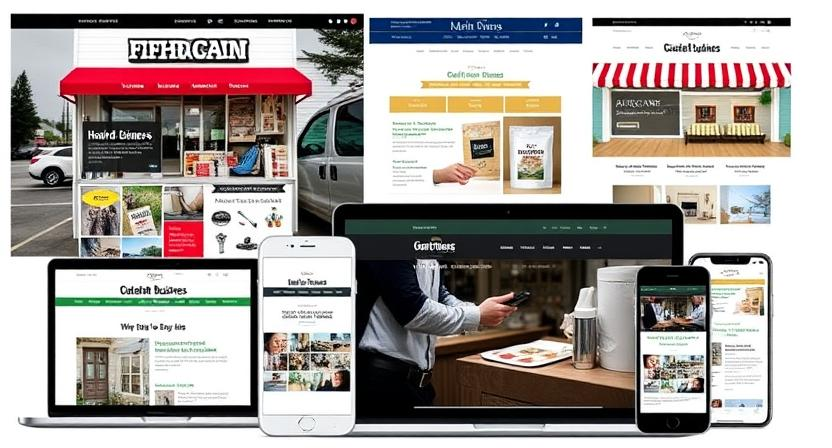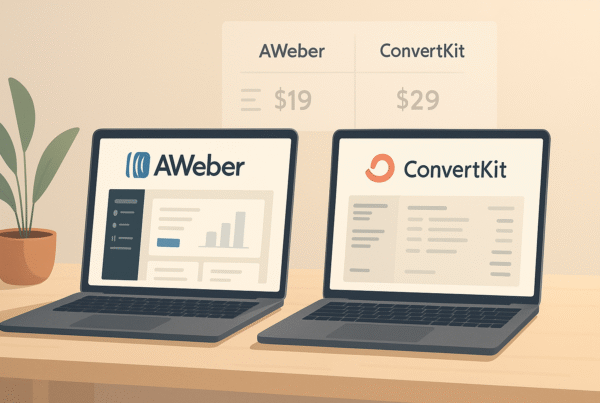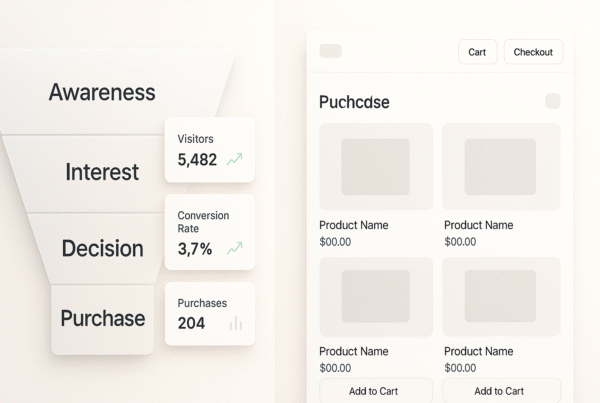To be very honest, does your business really exist without an internet presence? Sounds severe, but the reality is very harsh. 81% of consumers search a company online before deciding what to buy. Your clients cannot discover you either if Google fails to locate you.
Still, nearly 27% of small businesses lack a website. Like closing your doors and wondering why nobody walks in!
This is when the benefits of owning a website start to show definite advantages. It’s your 24/7 storefront, trust-building tool, lead-generating machine, not only a digital address. Whether you own a fast-growing business, a freelance design studio, or a small bakery, a website ranks you in search results, ahead of your competitors, and maps you.
So, do you still believe you can get by without one? Let’s look at why the benefits of owning a website are more than just being online; they’re necessary for business sustainability.
1. Establishing Credibility and Professionalism
First impressions count. A sloppy, old website (or worse, no website at all) sounds careless. People trust companies that look like they’re real. According to a Stanford study, 75% of users rate a company’s trustworthiness based on its website. That’s a big deal.
You need a plumber. You find two choices, one has a sleek website with reviews, service information, and contact info. The other? Just a strange contact number on an old thread. Who would you reach out to? Exactly.
A website tells your buyers, “Hey, I’m serious about my business, and I’m here to help you.”
2. Expanded Reach to Potential Customers

A physical store limits you. You can only attract clients from your own area. However, the benefits of having a website for small business extend beyond boundaries. Someone in another state, or perhaps another nation, may require your assistance.
46% of all Google searches are for local information. If you’re not online, guess who gets the business? Your competitor.
A website also operates around the clock. Whether it’s 3 a.m. or a holiday, potential clients may browse your offerings, learn about your company, and contact you immediately. No waiting, no missed opportunities, only progress.
3. Cost-Effective Marketing Tool
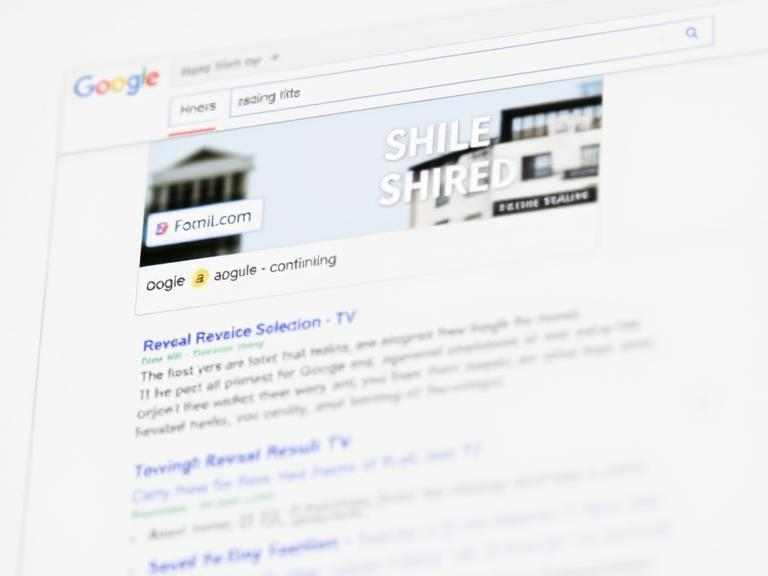
Marketing is pricey. Billboards, newspaper advertisements, and brochures add up quickly. However, with a website, you have an affordable marketing powerhouse.
Think about it. SEO (search engine optimization) allows you to appear on Google without paying for advertising. Content marketing (such as blogs) generates organic traffic. Email newsletters keep consumers connected. 82% of marketers believe blogging increases visitors.
You do not need a large budget to compete. You just need a clever website plan.
4. Building and Nurturing Customer Relationships

Business is more than just selling. It is about relationships. A website allows you to engage with customers in methods that a shop never could.
- You may share relevant blog pieces, such as tips, how-tos, and industry news.
- Gather emails for promos and updates.
- Obtain client feedback using contact forms.
- Provide special discounts to subscribers.
Customers remain loyal when they feel appreciated. What about repeat business? That is the actual goldmine.
5. Showcasing Products or Services
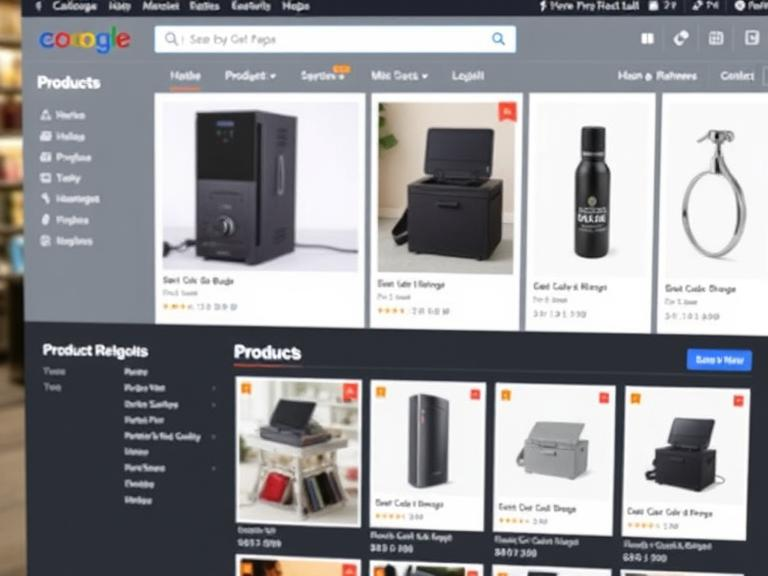
An online presence is your digital portfolio. You may display items, list services, and showcase what sets your company apart.
High-quality photos, thorough descriptions, and customer reviews all assist to convert visitors into purchasers. According to a HubSpot survey, 47% of customers visit a company’s website before completing a purchase.
No website? It’s like owning a business with no signage. People will not be aware of what you are offering.
6. Valuable Data Insights and Analytics

Do you wish that you could read your clients’ thoughts? Well, analytics comes close.
Google Analytics allows you to see who visits your website.
- What are they looking at?
- How long do they remain there?
- When they leave.
This data allows you to alter your marketing campaigns, refine content, and increase sales based on genuine insights rather than speculation.
7. Enhancing Customer Support and Service

Nobody enjoys waiting on hold. A website allows visitors to help themselves.
- FAQs provide answers to popular queries.
- Live chat provides immediate help.
- Tutorials help people navigate your goods or services.
Happy consumers result in fewer complaints and higher ratings. Simple.
8. Competitiveness in the Market

Your competitors have websites. If you don’t, you’re obviously one step behind.
Think about how people purchase. They conduct their research online first, then compare possibilities before making their choice. How can you win if your business isn’t even in the race?
Staying competitive involves adjusting. A strong internet presence is not a choice; it is imperative.
The Must-Know Benefits of Owning a Website for Small Business: Mike’s Story

Mike, my childhood friend, owned a modest bike repair company that relied on word-of-mouth. A consumer questioned, “Do you have a website?” “I’d like to send it to my friend.” Mike froze; he did not have one.
With 81% of buyers browsing online before purchasing, he knew he was unnoticed. Frustrated, he created a basic website with his services, rates, and client reviews. Within a few weeks, he ranked on Google, and bookings quadrupled.
Mike’s story demonstrates that the benefits of owning a website are genuine. However, 27% of small firms still do not have one. The benefits of having a website for small business are too significant to ignore. Don’t allow your company to go out of business; go online right away!
Final Thoughts: Benefits of having a website for small business
The benefits of owning a website extend far beyond simply having an internet presence. It builds trust, extends your reach, and saves money on marketing while assisting your business in ways that traditional techniques just cannot equal. With a website, you’re more than just another business; you’re a credible, accessible, and competitive brand in your field.
In today’s digital era, 97% of consumers look online for local businesses, so if you don’t have a website, you’re losing out on valuable customers and revenue. Whether you are a small company owner, freelancer, or entrepreneur, a website is your ticket to long-term success.
So, if you’re serious about expanding your small business, getting a website is a no-brainer. Your potential clients are online; the only question is whether they will find you or your opponent.
Call to Action
Not sure where to start? Here’s your action plan:
- Get a domain name that matches your business.
- Choose a user-friendly platform (WordPress, Wix, Shopify).
- Optimize for SEO and mobile users.
- Add engaging content and high-quality images.
Need expert help? Connect with a web designer or agency to build a site that stands out. The sooner you start, the sooner you reap the rewards.


